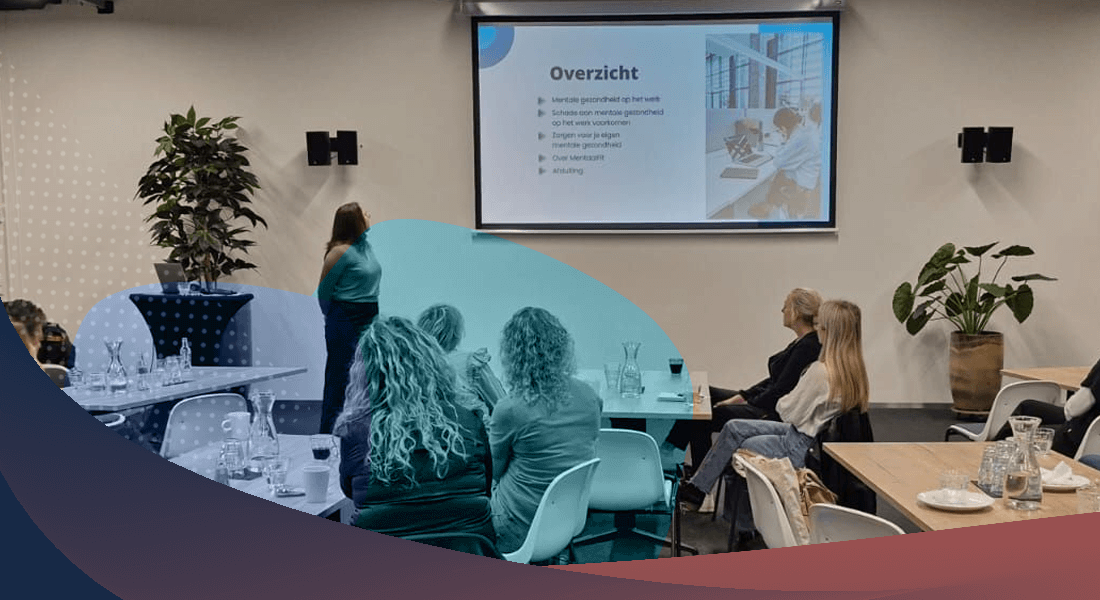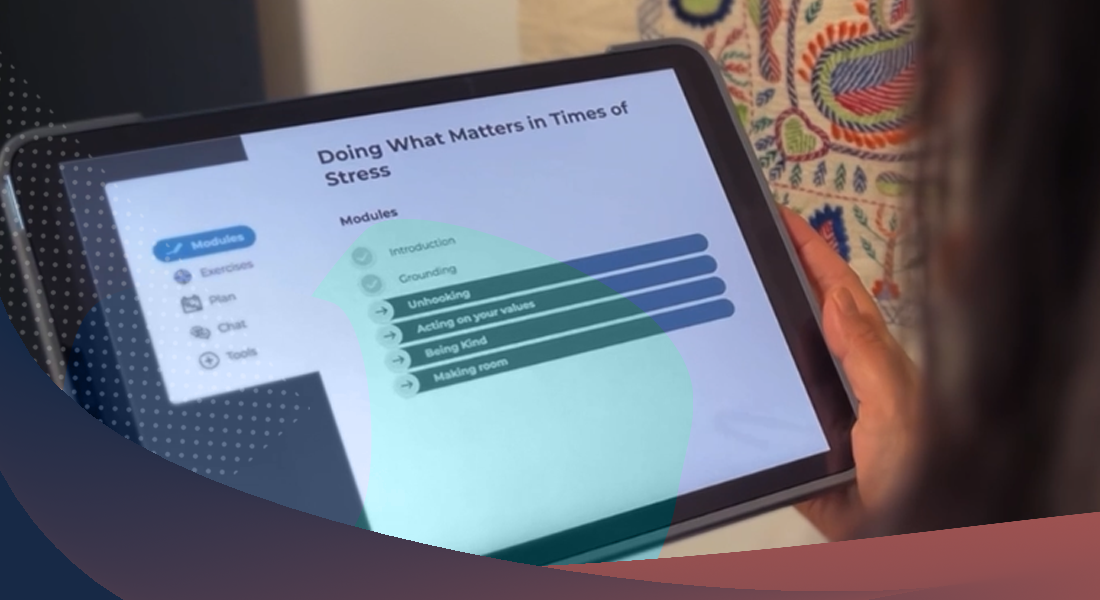The Netherlands is one of the European countries with the most highly digitalised work environments. Digital and remote work environments, along with the associated demands for flexibility, accessibility and transparency in the 24-economy are associated with unintended negative consequences such as reduced social connectedness, increased loneliness, information overload and mental fatigue (e.g. dealing with constant interruptions), and technological incompetence leading to feelings of loss of control and inefficacy.
Managers have a key role in the prevention of mental ill-health in the work environment since they can reduce sources of stress, promote a supportive and safe work environment, and de-stigmatise mental health problems when they occur. Second, effective scalable strategies to prevent mental-ill health among workers including stress, anxiety, depression, and burnout among workers in the increasingly digitalised society are highly needed.
Under the program name "MentaalFit", the Dutch team of ADVANCE will examine the benefits of WHO's manager training for mental health (ASCEND), followed by a stress management skills intervention for employees (Doing What Matters in times of stress; DWM).
ASCEND aims to enhance managers’ knowledge, attitudes, and behaviors towards mental health, and improve help-seeking behaviors among workers. Meanwhile, Doing What Matters in times of stress (DWM) is a smartphone-based intervention, delivered over five weeks with a trained facilitator. It teaches strategies for handling daily stress through mindfulness and relaxation exercises.
At the end of the trials, we will explore strategies to scale up these interventions in the Netherlands.


